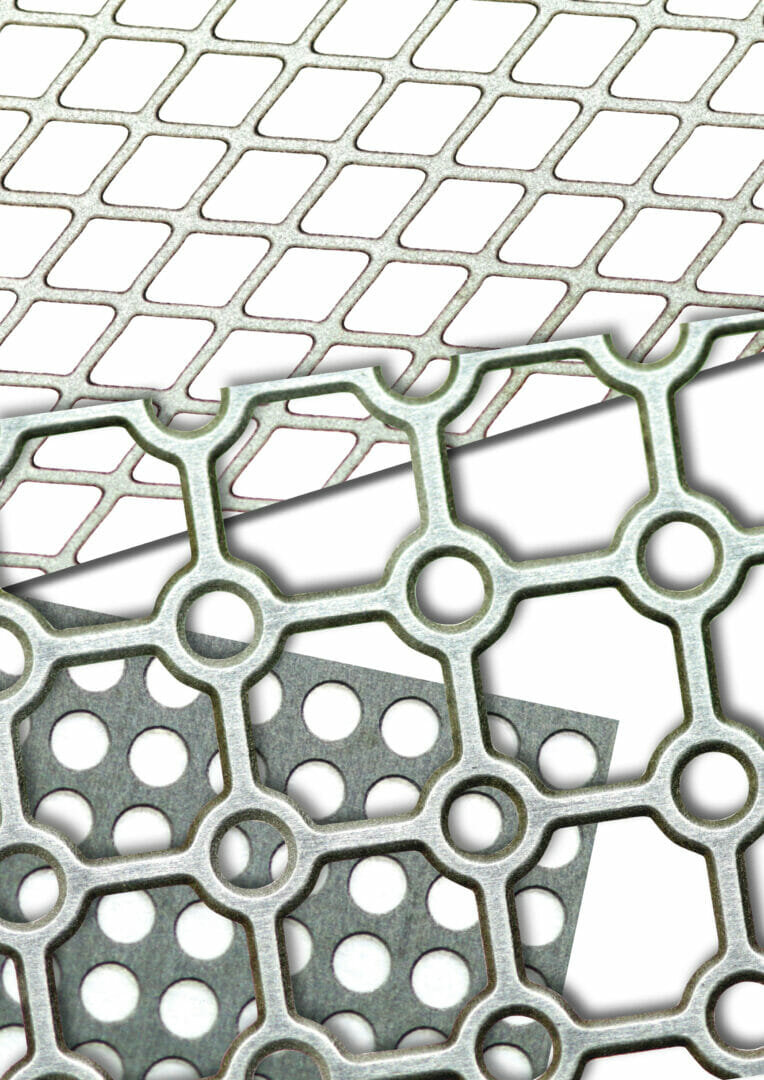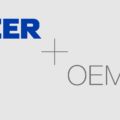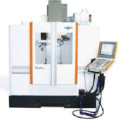micrometal GmbH incorporating HP Etch and Etchform (the micrometal Etching Group) has worked tirelessly to evolve the photo chemical etching (PCE) process on behalf of a growing number of companies that wish to utilize this ultra-precise metal component manufacturing process on a variety of exacting applications across industry.
Developments in etchant chemistries, and process optimization means that today, micrometal can achieve orders of magnitude tighter tolerances than traditional PCE suppliers, and can apply this to the manufacture of titanium parts which opens up huge possibilities for industry.
The demand from many sectors of industry today is for the use of light-weight but strong metals for a variety of applications. As such, titanium is often the material of choice for components used in end-use medical and aerospace products due to its high strength-to-weight ratio, its biocompatibility, corrosion resistance, extensive temperature range, and low thermal expansion co-efficients.
Processing titanium with traditional metal processing technologies is difficult and in some instances can be hazardous. Titanium is very strong, exhibits low thermal conductivity, and can be chemically reactive with tool materials at high temperatures. This means that tools may not work the metal effectively, and will wear out disproportionately quickly.
In addition, the relatively low Young’s modulus of titanium alloys leads to spring-back and chatter when machining causing poor surface quality on the finished product. Also, if turning and drilling, long continuous chips are produced, which can lead to entanglement with the cutting tool, making automated machining nearly impossible. Conventional processing methods when applied to titanium can take up to 100 times longer to make components than is the case when processing alternative metals.
Jochen Kern, Head of Sales & Marketing at the micrometal Etching Group says, “Production methods for processing titanium need to be fast and minimise waste to be considered economical, and here PCE comes into its own. However, while PCE overcomes some of the issues faced by conventional metal processing technologies, standard etching chemistries do not work when applied to titanium, and so the focus is on adapting the science so that the inherent characteristics of titanium which prohibit machining are overcome. One such issue is that when exposed to air, titanium forms a protective oxidised coating which is extremely difficult to dissolve, and so etchant chemistries have been developed that cut through this layer and allow the processing of the base material. Most of the limited number of PCE suppliers that can process titanium turn to the use of concentrated hydrofluoric acid as an etchant material, but this is a hazardous and potentially environmentally damaging substance, and the requirements for chemical containment and extraction means that it is an expensive process and one that adds cost to finished parts.”
The micometal Etching Group is one of the only PCE providers that does not use concentrated hydrofluoric acid, and therefore customers can benefit from the strength, light-weight, heat and corrosion resistant attributes of titanium at a low cost and without the use of excessively dangerous chemicals. In addition, the micrometal Etching Group’s next generation PCE process opens up a host of hitherto impossible possibilities for companies wishing to produce precision titanium parts.









